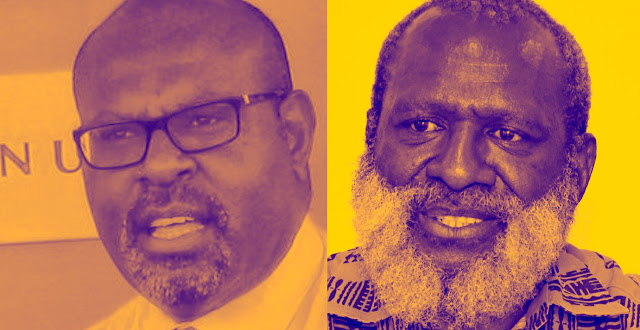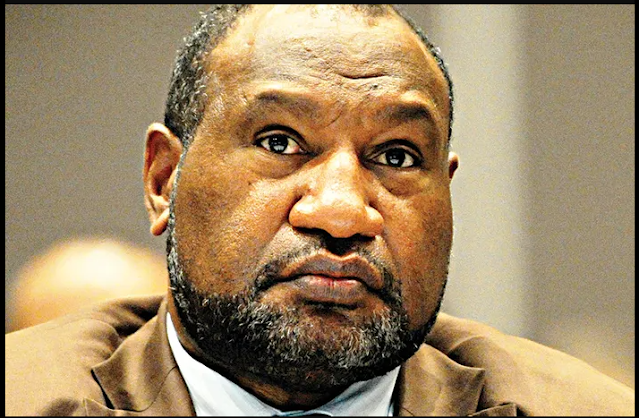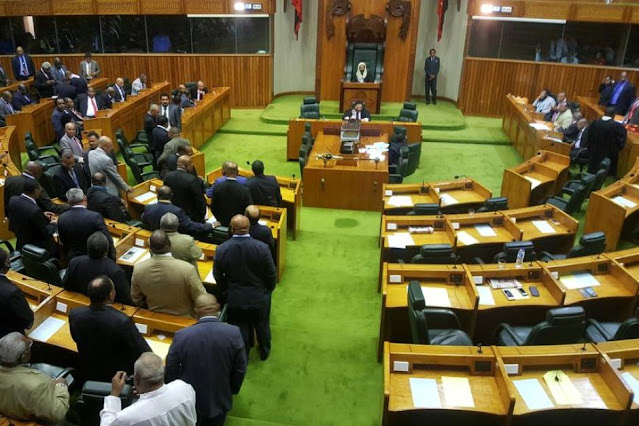Re-evaluating the US-PNG Defence Cooperation Agreement

by KAPEMA KORU The US-PNG Defence Cooperation Agreement (DCA) is a pivotal arrangement that demands an understanding of the broader geopolitical landscape. Papua New Guinea (PNG), strategically located in a region of growing significance, must navigate through a complex matrix of national security, regional stability, and international relations. The DCA with the United States is a critical piece in this intricate puzzle, reflecting the need to balance diverse and sometimes conflicting interests. Criticism of the DCA often arises from a perceived disregard for public opinion in PNG. However, while public sentiment is vital in a democratic setup, the underpinnings of defence pacts often involve multi-layered considerations. These include addressing security threats, regional alliances, and long-term national interests, which may not always be transparent or understandable to the general public, yet are instrumental in shaping such agreements. Re-evaluating the DCA involves a careful ana







